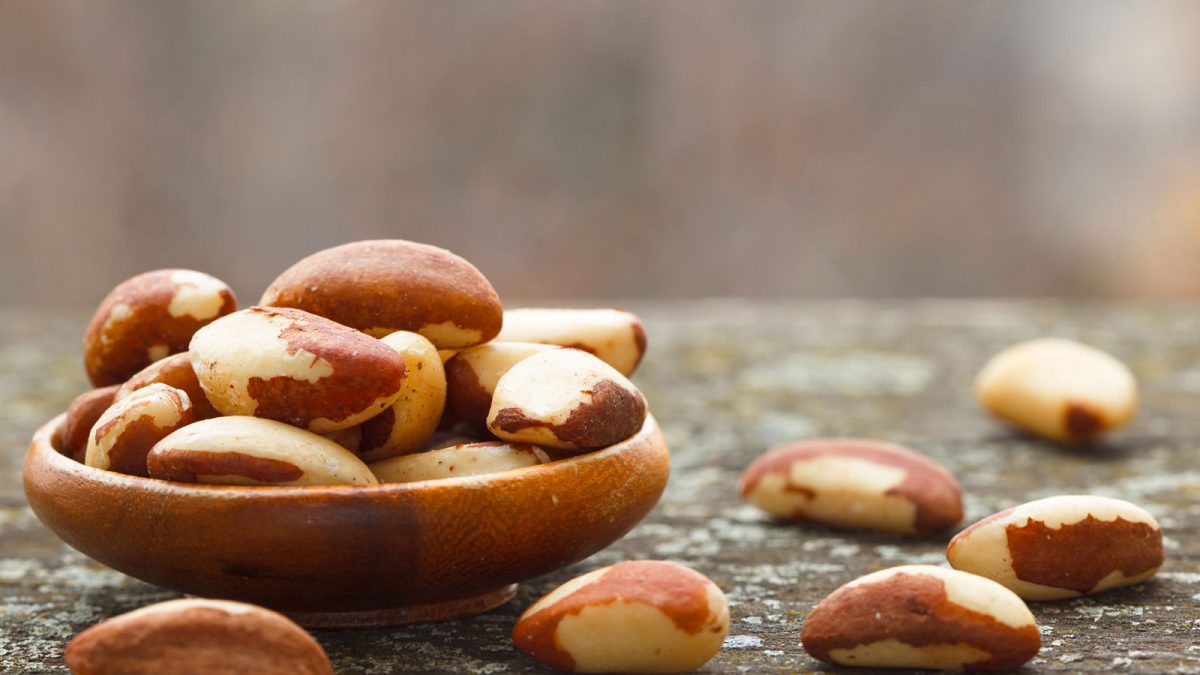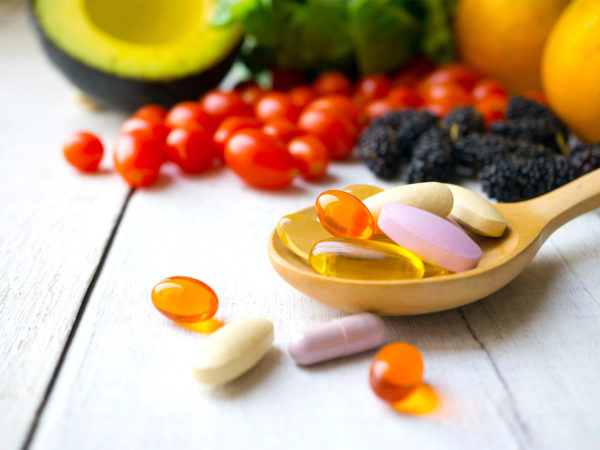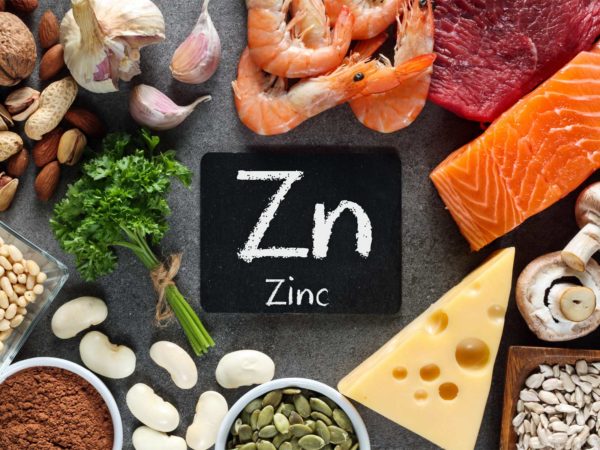Do You Have a Selenium Deficiency
If you’ve been feeling a little low, suffering from a sluggish thyroid or having trouble conceiving… it could be because of the soil our food is grown in.
Reliance on chemical fertilizers and improper farming practices over the last 50 years have depleted our soil of a vital micronutrient – selenium.
And because crops convert selenium into organic forms that can be absorbed by the human body, less selenium in the soil means less selenium on our plate.
In fact, Dr. Margaret Rayman, a professor of nutritional medicine in the U.K. , has found that the amount of selenium we get in our food has dropped 50% in the past two decades.
And that can be really bad news for your health.
Selenium is an antioxidant micronutrient that is required to carry out a wide range of functions in the body. It’s needed to produce at least 25 enzymes including glutathione – your body’s “Master Antioxidant and Detoxifier”. It also boosts the activity of vitamin C and E in the body and is essential to the health of your immune system.
With a selenium deficiency, your body struggles to detoxify and defend itself. The result is cellular damage and inadequate protection against foreign invaders, as well as the mutations that can lead to cancer.
Ban Selenium Deficiency: Boost the “Master of Your Metabolism”
But the selenium story doesn’t end there. Selenium is also vital to the “Master of Your Metabolism” – your thyroid.
It is estimated that more than 20 million people in the U.S. have undiagnosed thyroid dysfunction, much of which may be corrected by adequate selenium.
Selenium is a component of the enzyme that helps convert certain thyroid hormones for use in the body. When there’s not enough selenium, the body produces lower levels of these hormones. This leads to hypothyroidism (and its associated ails – including depression, weight gain, thinning hair and more).
When it comes to selenium, we’ve only scratched the surface of understanding how this vital micronutrient promotes wellness and protects against disease.
Research shows that getting sufficient selenium can help to:
- Enhance detoxification and boost your antioxidant defenses
- Improve thyroid function
- Boost fertility
- Guard against cancer
- Protect the prostate
- Reduce the risk of cardiovascular disease and arthritis
- Protect against cognitive decline
- Reduce the risk of viral infection
While most of us are low in the selenium department, a word of caution: over-supplementing with selenium can cause some harmful side effects.The best (and safest) way to boost your levels is through a whole-foods diet grown according to Mother Nature’s strict standards.
Boost Selenium With Delicious Food
Here are the ways you can reverse a selenium deficiency naturally:
- Eat Brazil Nuts: Just one Brazil nut per day was found to raise selenium to recommended levels.
- Pick Pasture-Raised: Studies show that grass-fed beef and bison contain up to 400% more selenium than those that are grain-fed. Pastured pork also contains 75% more than conventionally-raised.
- Enjoy Wild, Sustainable Seafood: Treasures from the sea can also be a rich source of selenium. But it’s important you’re not getting uninvited dinner guests (like PCBs and mercury) along for ride. Choose wild seafood, especially wild shrimp, scallops, wild salmon, sardines and green-lipped mussels as safe seafood sources of selenium.
- Go Organic: Studies estimate that organic foods contain 2-3 times the selenium as those grown conventionally – one more reason to go organic!




Leave a Reply